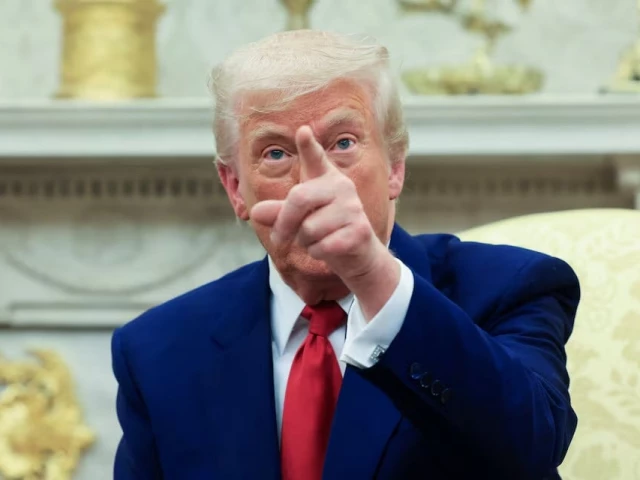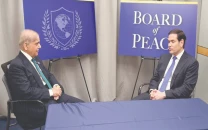Trump confirms direct talks with Iran, says major meeting set for Saturday
US president also issued a stern warning, saying Iran would be in “great danger” if diplomatic efforts failed.

US President Donald Trump on Monday confirmed that direct negotiations with Iran over its nuclear program have officially begun, signaling a shift in the diplomatic impasse between Washington and Tehran.
Speaking at the White House alongside Israeli Prime Minister Benjamin Netanyahu, Trump told reporters, “We’re having direct talks with Iran, and they’ve started. It’ll go on Saturday. We have a very big meeting, and we’ll see what can happen.” He added that reaching a deal would be “preferable,” but did not elaborate further.
Trump also issued a stern warning, saying Iran would be in “great danger” if diplomatic efforts failed, reiterating that Tehran “can’t have nuclear weapons.”
His remarks followed earlier threats, including a statement to NBC News that if Iran did not agree to a deal, “there will be bombing — bombing the likes of which they have never seen before.”
The announcement comes amid ongoing skepticism from Tehran. Just over the weekend, Iranian Foreign Minister Abbas Araghchi dismissed the idea of direct talks as “meaningless,” restating Iran’s preference for indirect diplomacy.
Araghchi’s comments followed a letter from Trump last month addressed to Iran’s Supreme Leader Ayatollah Ali Khamenei, expressing a desire for negotiations.
Iran, which insists its nuclear activities are solely for civilian purposes, has consistently rejected accusations of weaponization. The country maintains it is not seeking a nuclear bomb and has remained critical of US pressure tactics.
In 2018, during his first term in office, Trump unilaterally withdrew the US from the landmark 2015 Iran nuclear deal, formally known as the Joint Comprehensive Plan of Action (JCPOA), which had imposed strict limits on Tehran’s nuclear activities in exchange for sanctions relief.
Israel, a key US ally in the region and a vocal critic of the original agreement, has long opposed Iranian nuclear ambitions and is widely believed to possess an undeclared nuclear arsenal.
While details of the ongoing talks remain sparse, Trump’s confirmation marks a potential turning point in US-Iran relations amid mounting regional and global tensions.



















COMMENTS
Comments are moderated and generally will be posted if they are on-topic and not abusive.
For more information, please see our Comments FAQ